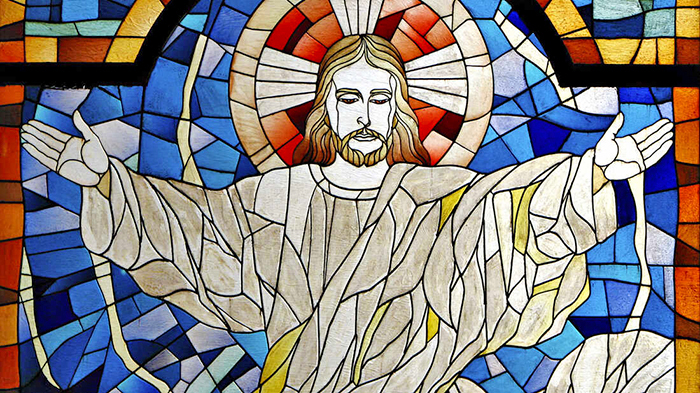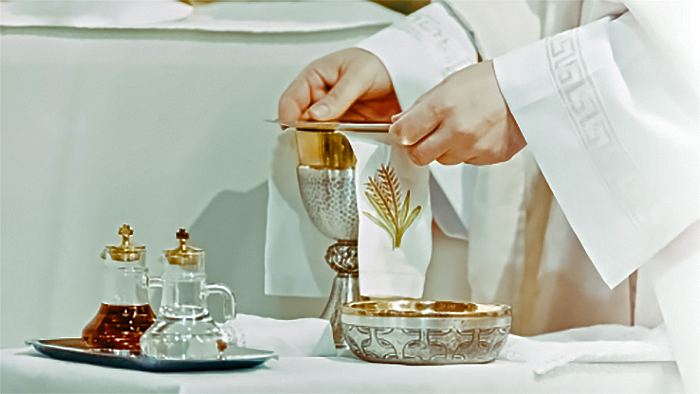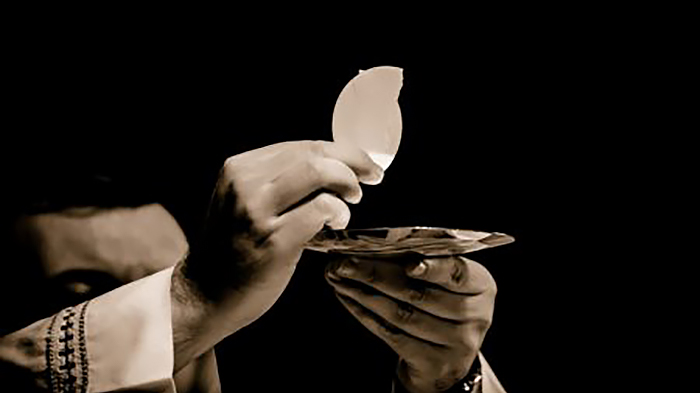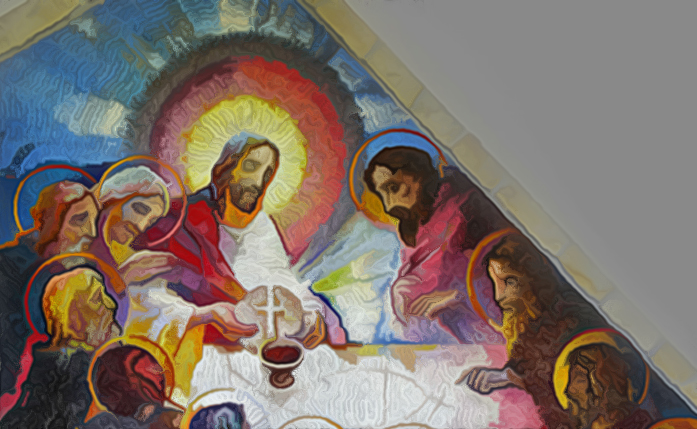
For the eyes, the light of the resurrection is a radically new physical phenomenon. At the resurrection of Jesus, the atoms of the planet were shaken up from their normal physical workings. A dead body rose from the grave to a life from which it would never again die. That had never happened before. Moreover, the resurrection of Jesus was also a radically new light for the soul, the light of hope. Can life be raised back up when it’s in defeat? Can a dead body come out of its grave? Can a violated body again become whole? Can lost innocence ever be restored? Can a broken heart ever be mended? Can a crushed hope ever again lift up a soul? Doesn’t darkness extinguish all light? What hope was there for Jesus’ followers as they witnessed his humiliation and death on Good Friday? When goodness itself gets crucified, what’s the basis for any hope? In two words, the resurrection. When darkness enveloped the earth a second time, God made light a second time, and that light, unlike the physical light created at the dawn of time, can never be extinguished. That’s the difference between the resuscitation of Lazarus and the resurrection of Jesus, between physical light and the light of the resurrection. Lazarus was restored to his self-same body from which he had to die again. Jesus was given a radically new body that would never die again. The renowned biblical scholar Raymond E. Brown tells us that the darkness that beset the world as Jesus hung dying would last until we believe in the resurrection. Until we believe that God has a live-giving response for all death and until we believe God will roll back the stone from any grave, no matter how deeply goodness is buried under hatred and violence, the darkness of Good Friday will continue to darken our planet. Mohandas K. Gandhi once observed that we can see the truth of God always creating new light simply by looking at history: “When I despair, I remember that all through history, the way of truth and love has always won. There have been murderers and tyrants, and for a time, they can seem invincible. But in the end, they always fall. Think of it, always.”









